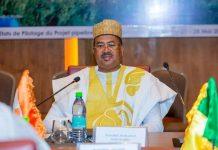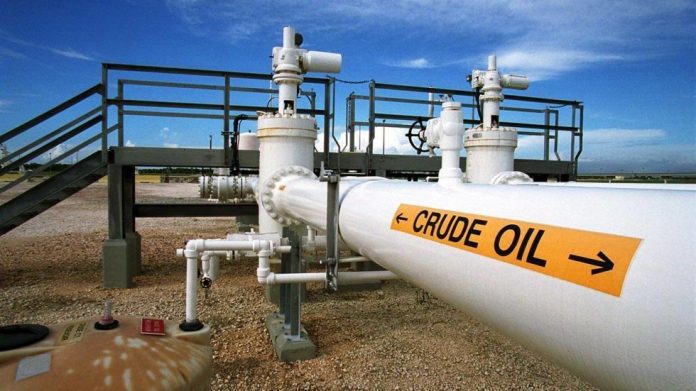The Nigerian Midstream and Downstream Petroleum Regulatory Authority (NMDPRA) has unveiled plans to gather accurate and trustworthy information necessary to choose the best tariff methodology for the country’s bulk storage and transportation of crude oil.
This information was disclosed at the 2022 Petroleum Liquid Inventory Reconciliation Exercise in Lagos by Engr. Farouk Ahmed, Chief Executive Officer of the Nigerian Midstream and Downstream Petroleum Regulatory Authority (NMDPRA).
The Nigerian Extractive Industries Transparency Initiative, the Nigerian Upstream Petroleum Commission, crude oil and gas exporting companies, the Central Bank of Nigeria, and the NMDPRA participated in the exercise.
Mr. Ogbugo Ukoha, Executive Director, Distribution Systems, Storage, Retailing Infrastructure (DSSRI), spoke on behalf of Ahmed, who stated that the expanded data ecosystem will include volumes of petroleum liquids evacuated via pipelines, barges, and trucks.
This was stated in a statement released yesterday by Apollo Kimchi, General Manager of Corporate Communications.
A data system on terminal receipt volumes, terminal stock records, crude oil inventory records by company and terminal, and quantities delivered to and received into refineries were also mentioned in the statement.
quantity of exports evacuated to other midstream storage facilities, volume of export permits, and actual export volume by company and terminal.
According to the NMDPRA Boss, the reconciliation exercise was planned to create and authenticate a common database of midstream statistics pertaining to crude oil, condensates, natural gas, and its derivatives.
“The reconciled data will serve as the foundation for the administration of petroleum liquid supply license and serve as a guide for the evaluation of licenses, authorisations, and approvals issued in the midstream sector relating to petroleum transportation, storage, and exports,” he said.
The dataset will be useful for NEITI audit, OPEC questionnaire, and Joint Oil Data Initiative, so this reconciliation will be advantageous to our stakeholders. Additionally, it will help the National Assembly with its oversight duties.
The Federal Ministry of Finance and security agencies can both use it to monitor the repatriation of export proceeds and the payment of royalties by crude oil and natural gas exporters.
Ahmed reaffirmed that the Authority, as the custodian of the petroleum products data bank, would keep up its efforts to ensure the provision of trustworthy information for all domestic petroleum operations.
According to the Petroleum Industry Act 2021 (PIA), the NMDPRA is required to regularly reconcile information on crude oil terminal receipts, exports, refinery delivery, oil and gas transportation, and other statistics that are relevant to the industry.
Federation because this directly affects the payment of royalties.
Join Television Nigerian Whatsapp Now
Join Television Nigerian Facebook Now
Join Television Nigerian Twitter Now
Join Television Nigerian YouTUbe Now






















